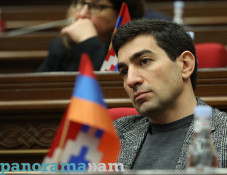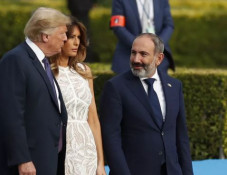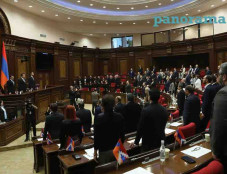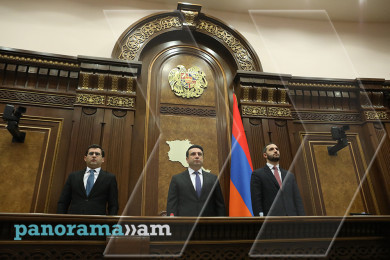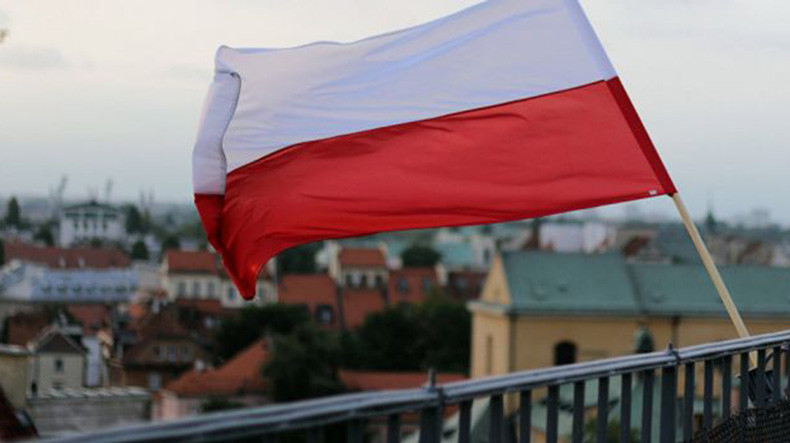
Polish teachers strike over pay after talks with government fail
Teachers across Poland held a strike on Monday after the government and unions failed to agree on proposed wage increases, Reuters reports, citing the leader of the biggest teachers’ union ZNP.
Talks between three teachers trade unions and the government ended on Sunday evening with the ZNP and another union sticking by their demand of monthly salary increase of 1,000 zlotys ($262). Only one smaller union agreed to the government’s offer of a 15 percent monthly increase starting from September.
Public sector workers in Poland stepped up calls for pay increases after the ruling Law and Justice party (PiS) promised in February a hefty increase social spending as part of its election campaign.
“Today, at 0800, starts the biggest strike in education since 1993,” ZNP leader Slawomir Broniarz told private broadcaster TVN24.
Many teachers are also unhappy with what they say has been a chaotic education reform.
“We are ready to convince the government that this strike is not only economically motivated, but that this strike is also to defend the quality of education, which has been damaged in recent years,” Broniarz said.
According to the ZNP, almost 80 percent of Polish schools and kindergartens have declared they would take part in the strike, but the union has not said how long it would last.
In March thousands of workers at Polish courts and prosecutors’ offices took to the streets of Warsaw to demand better pay and working conditions.
Teachers’ salaries in Poland range between 3,045 zlotys and 5,603 zlotys per month. Official data in February showed the average corporate salary in Poland stood at around 4,949 zlotys.
Middle school children are due to sit exams starting on Wednesday.
“We made an appeal to teachers yesterday, and let me appeal to them again. Of course, if you believe that the strike is necessary, then okay. But please, do come back to your students during the forthcoming days when there are exams,” Michal Dworczyk, the head of prime minister’s office told public radio station PR1.
Newsfeed
Videos





